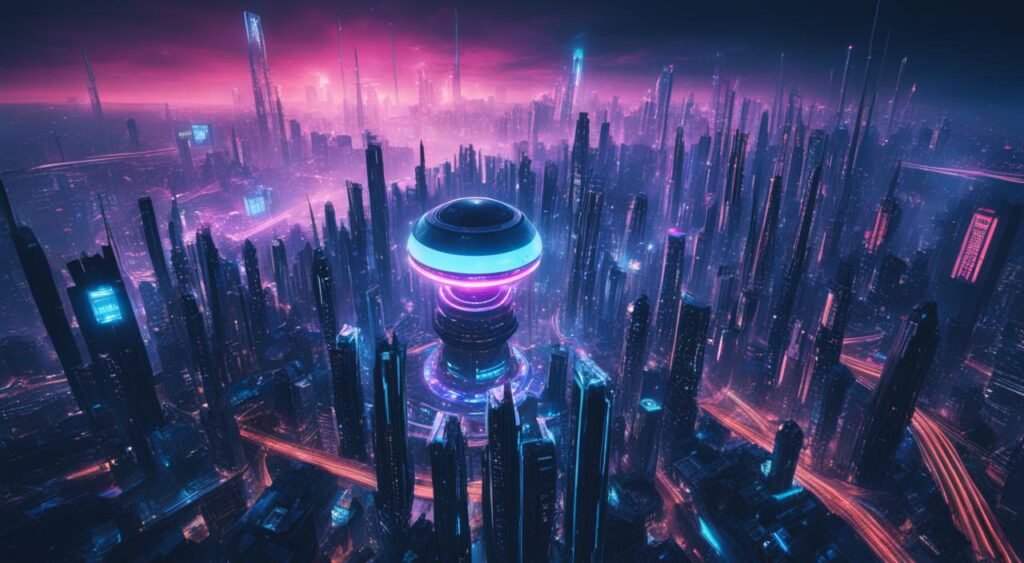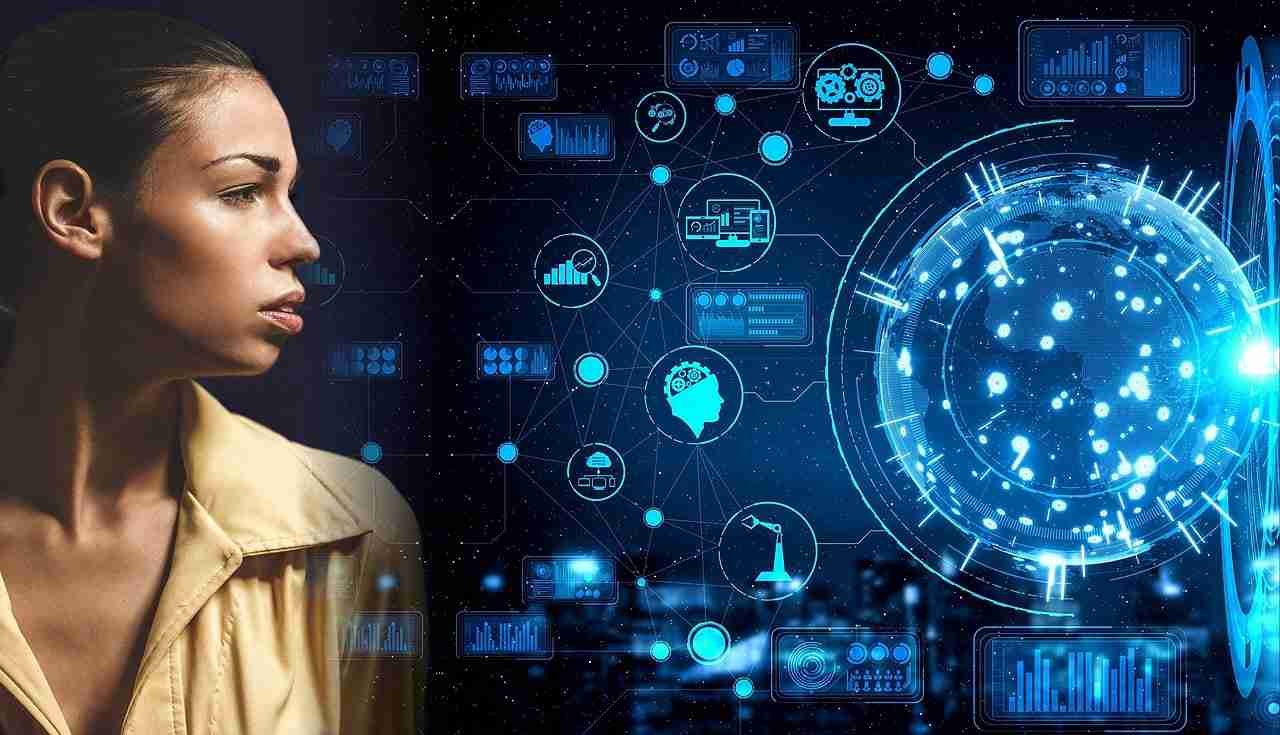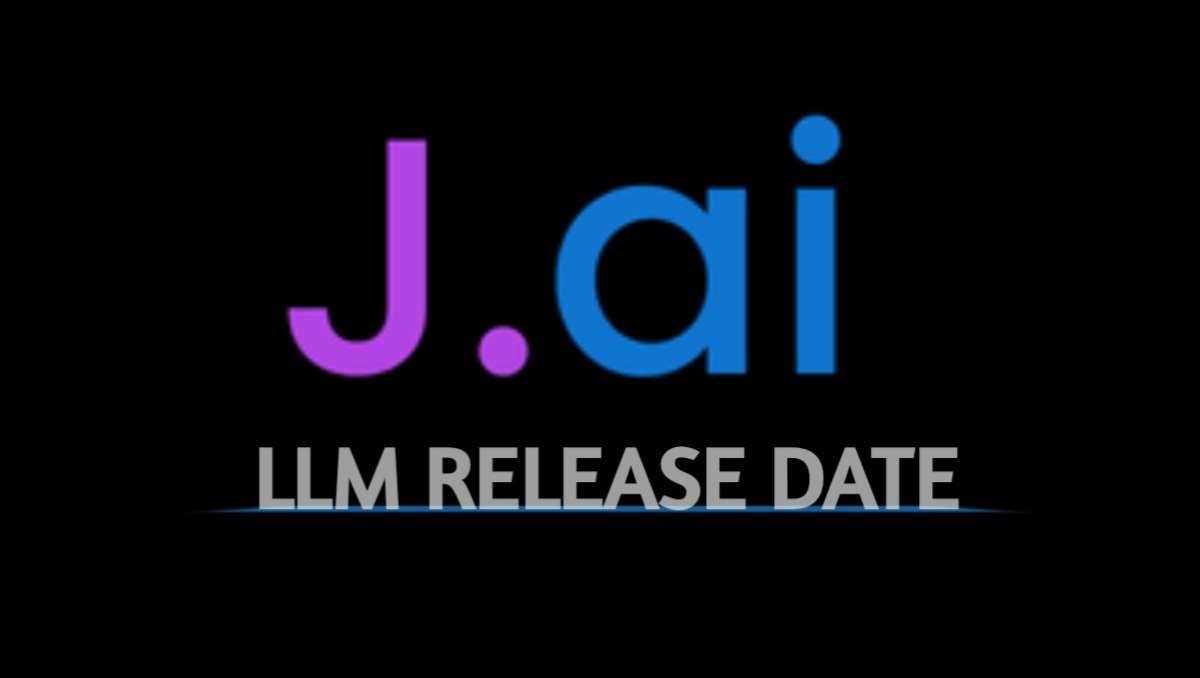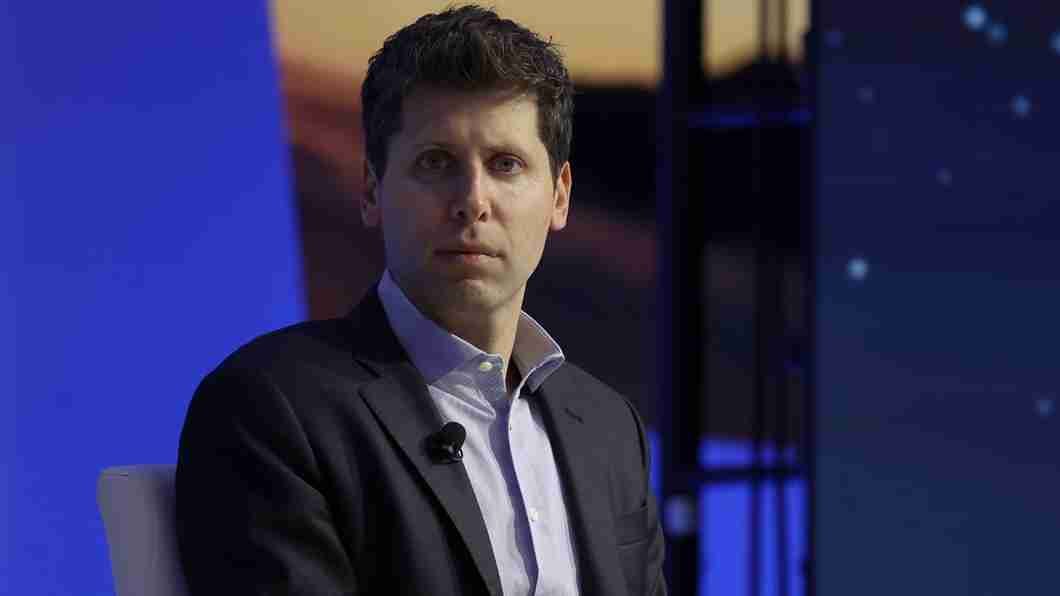Artificial intelligence (AI) is changing our world in big ways. It’s impacting finance, national security, healthcare, and education. AI helps us use information better, analyze data, and find new ways to innovate and progress.
A recent study by PricewaterhouseCoopers shows AI could boost global GDP by $15.7 trillion by 2030. This is a big deal for places like China, North America, and Europe. They stand to gain a lot from AI’s growth.
Even though many see AI as a game-changer, a 2017 study found only 17% of U.S. business leaders knew much about it. This shows we need to learn more about AI. As AI changes industries, it’s key for people and companies to keep up and use its benefits.
Key Takeaways
- AI is a transformative technology that is reshaping industries and daily life across the globe.
- AI applications are expanding rapidly, with significant impact in sectors like finance, national security, healthcare, and education.
- AI’s potential to increase global GDP by $15.7 trillion by 2030 underscores its growing economic importance.
- Despite its transformative power, many leaders still lack familiarity with AI, highlighting the need for greater awareness and understanding.
- Embracing and adapting to the changes brought by AI will be crucial for individuals and organizations to remain competitive and innovative.
Introduction to Artificial Intelligence
Artificial Intelligence (AI) is changing our world fast. It’s about making machines think like us. They can define artificial intelligence, make choices, learn, and change based on new data and experiences.
Defining Artificial Intelligence and Its Key Qualities
AI means systems that can respond to stimulation like humans do. They show human-like thought, judgment, and planning. The key qualities artificial Intelligence of are:
- Intentionality: Making decisions with current data and info.
- Intelligence: Using advanced learning and data analysis to make smart choices.
- Adaptability: Learning and changing as new decisions are made and new info comes in.
The Rise of AI and Its Growing Importance
The growth of AI comes from big leaps in storage, speed, and analysis. These advances let AI systems get very good at analyzing and making decisions. This is changing many industries and our daily lives worldwide.
As AI keeps getting more intelligent and adaptable, it will play a big role in the future. It will bring up big questions for society, the economy, and how we govern ourselves.
“The true promise of AI lies in its ability to augment and enhance human capabilities, not to replace them.”
AI Applications Across Various Sectors
Artificial intelligence (AI) has changed many industries, like finance and investment, and even national security and defense. These AI tools are changing how we tackle tough problems and find new chances.
AI in Finance and Investment
In finance, AI is key in fighting fraud, making loan decisions, and offering robo-advice. It helps investors make choices based on data, not feelings. Also, AI has taken over much of the work on stock exchanges, making trades super fast.
AI in National Security and Defense
The military is using AI too. It helps with watching over areas and finding targets by looking through lots of data and videos. This AI gives security teams quick and smart insights, making defense plans better.
| Sector | AI Applications | Key Benefits |
|---|---|---|
| Finance and Investment | Fraud detection Loan decisions Robo-advising High-frequency trading | Removing emotional bias from investment decisions Identifying trading inefficiencies Executing trades at lightning-fast speeds |
| National Security and Defense | Surveillance Target identification | Sifting through massive data and video Enabling faster and more informed decision-making Enhancing the effectiveness of defense strategies |
AI applications in finance, AI in investment, AI in national security, and AI in defense are changing these fields. They bring more efficiency, precision, and strategic benefits.
Economic Opportunities and Growth
Artificial intelligence (AI) is opening up huge chances for economic growth and development. A study by PricewaterhouseCoopers says AI could boost global GDP by $15.7 trillion, or 14%, by 2030. This includes big gains in China, North America, and Northern Europe.
China is moving fast in AI, planning to invest $150 billion in it and aiming to lead the world by 2030. A study by McKinsey Global Institute shows AI could boost China’s economy by 0.8 to 1.4 percentage points each year. This depends on how fast they adopt AI.
Projected Impact on Global GDP
The potential of AI is huge. Experts think AI could change the global economy, making it more productive and efficient. As AI becomes more common, we’ll see big benefits from ai economic growth and ai’s economic opportunities.
| Region | Projected GDP Increase by 2030 |
|---|---|
| China | $7 trillion |
| North America | $3.7 trillion |
| Northern Europe | $1.8 trillion |
The effect of ai impact on gdp will be huge, leading to big economic growth and prosperity worldwide. As AI keeps getting better and more widespread, the future looks bright for the global economy.
Advancements in Healthcare and Education
Artificial Intelligence (AI) is changing healthcare and education in big ways. It’s making disease diagnosis and personalized learning possible. The effect of AI is huge.
AI in Healthcare: Diagnostics, Drug Discovery, and Patient Monitoring
In healthcare, AI tools are changing how we spot diseases and find new treatments. AI looks through lots of medical data to find patterns. This helps doctors make better diagnoses faster.
AI in diagnostics makes finding diseases quicker and more accurate. This leads to treating patients sooner and better results.
AI in drug discovery speeds up finding new medicines. AI uses simulations to pick out promising drug ideas. AI in patient monitoring tracks patient health in real time. This helps doctors quickly fix problems and improve treatment plans.
AI in Education: Personalized Learning and Improved Outcomes
Education is also seeing big changes thanks to AI. AI in personalized learning changes how students interact with school material. AI uses student data to make learning plans just for them. This has made students more engaged and improved their grades.
AI tools also give teachers insights on students’ progress. This helps teachers tailor their teaching. This feedback loop makes learning better for everyone involved.

“AI is not just transforming individual sectors; it’s reshaping the very fabric of our society, from healthcare to education and beyond.”
how ai is changing the world
Artificial Intelligence (AI) is changing the way we live and work. It’s making many industries better by automating tasks, analyzing data, and making smarter decisions. This leads to more efficiency, productivity, and accuracy.
Transforming Industries and Daily Lives
In manufacturing, AI helps make production smoother, cuts down on waste, and checks quality better. The finance world uses AI for trading, catching fraud, and giving personalized advice on investments. Healthcare is getting better with AI in diagnosing, finding new drugs, and keeping an eye on patients.
Transportation is changing too, with self-driving cars and smart traffic systems. At home, AI-powered assistants and smart devices are making our lives easier and more fun.
Ethical Considerations and Challenges
But AI’s fast growth brings up big ethical questions and challenges. We need to think about job losses, biased algorithms, privacy, and making sure AI is developed and used responsibly. These are important issues we must tackle as AI changes our world.
| Industry | AI Transformation |
|---|---|
| Manufacturing | Optimized production, reduced waste, improved quality control |
| Finance | Algorithmic trading, fraud detection, personalized investment recommendations |
| Healthcare | Advancements in diagnostics, drug discovery, patient monitoring |
| Transportation | Autonomous vehicles, intelligent traffic management |
“The impact of AI on our world is undeniable, transforming industries and shaping our daily lives in both remarkable and challenging ways.”
The Future of AI and Its Potential
The future of artificial intelligence (AI) is looking bright. New AI technologies like generative AI, natural language processing, and computer vision are changing the game. They’re making AI more popular in many industries.
Emerging AI Technologies and Applications
Generative AI is changing the way we make content. It lets us create realistic and diverse stuff, from text to music. This is making media production more exciting, letting creators and businesses try new things.
Natural language processing (NLP) is another big deal in AI. It helps machines understand and make human language. This is making things like customer service, content creation, and language translation better.
Computer vision lets machines see and understand pictures and videos. It’s helping with things like self-driving cars, medical imaging, and surveillance. This tech could make our lives easier and solve big problems.
As AI keeps getting better, the possibilities are endless. It’s set to change many industries and improve our lives. AI will make things more efficient and change how we work and interact with the world.
“The future of AI is filled with endless possibilities, as the technology continues to push the boundaries of what’s achievable.” – Dr. Jane Doe, AI Researcher

| Emerging AI Technology | Key Applications |
|---|---|
| Generative AI | Media production, content creation, artistic expression |
| Natural Language Processing (NLP) | Customer service, language translation, content generation |
| Computer Vision | Autonomous vehicles, medical imaging, surveillance |
Regulatory Frameworks and Policies
The growth of AI means we need strong rules and policies. These are to make sure this new tech is used right. Governments are looking at big issues like data privacy, bias in algorithms, and how AI affects society.
In the U.S., the Biden-Harris team has started to tackle these big questions. They’ve brought in an AI Bill of Rights. This sets out key rules to protect our rights and data. AI regulation and policies are key to balance innovation with safety in this powerful tech.
Balancing Innovation and Responsible AI Development
Getting this balance right needs teamwork between lawmakers, industry leaders, and the public. Governments must work with AI experts to make rules. These rules should protect our rights but also let AI grow. This careful balance will shape the future of AI and make sure its benefits are shared fairly.
| Aspect | Importance |
|---|---|
| Data Privacy | Safeguarding personal information and ensuring algorithmic transparency |
| Algorithmic Bias | Identifying and mitigating biases that can lead to unfair or discriminatory outcomes |
| Intellectual Property | Striking a balance between protecting innovation and enabling collaboration |
| Societal Impact | Addressing the far-reaching implications of AI on employment, education, and social welfare |
As we look at the big changes AI could bring, we need strong regulatory frameworks and policies. These will help us get the most from AI while keeping everyone safe.
AI and Sustainability
The world faces big challenges with climate change and environmental harm. Artificial intelligence (AI) could change how we tackle these issues. AI and sustainability could work together to find new solutions for our planet.
AI’s Role in Climate Change Mitigation
AI can change how we fight climate change. It uses advanced analytics and algorithms to make energy grids more efficient and renewable energy systems better. This can cut down on carbon emissions and harm to the environment.
AI in Environmental Protection
AI is also helping protect the environment in many ways. It uses image recognition and remote sensing to spot deforestation and wildlife poaching. AI can also make waste management better, helping us move towards a circular economy.
But, AI systems can also affect the environment, by using a lot of energy. We need everyone to work together to make sure AI is used in a way that’s good for the planet.
“AI has the potential to be a game-changer in our efforts to combat climate change and protect the environment. By harnessing the power of AI, we can develop innovative solutions that will help us build a more sustainable future.”
As AI becomes more common, it’s important for everyone to work together. We need to use AI to help solve the big challenges of sustainability and protecting the environment.
Conclusion

In this deep dive, we’ve seen how AI is changing our world. It’s making industries better and affecting our everyday lives. This tech has the power to change many areas, making things more efficient and helping us make smarter choices.
AI is set to change fields like finance, healthcare, education, and sustainability. It opens up new ways for growth and new ideas. But, its fast growth brings up big questions like job loss, unfair algorithms, and privacy issues. We need to tackle these problems to make sure AI helps us in a good way.
We need to work together to shape AI’s future. This means balancing new ideas with protecting our rights and keeping society safe. By doing this, we can use AI to make the world better for all of us. As we wrap up, the future of AI is bright, and our choices now will guide its path.
FAQ
What is artificial intelligence (AI) and what are its key qualities?
AI means machines that act like humans do. They think, judge, and make plans. Key traits of AI include making decisions with real-time data, using machine learning, and adapting to new situations.
How is AI transforming various industries and sectors?
AI is changing many sectors, like finance and national security. In finance, it helps spot fraud, make loan decisions, and offer advice. In national security, it helps analyze data and find targets.
What are the economic opportunities and projected growth of AI?
AI could boost the global economy by $15.7 trillion by 2030, says a PricewaterhouseCoopers study. This includes $7 trillion in China, $3.7 trillion in North America, and $1.8 trillion in Northern Europe.
How is AI impacting healthcare and education?
In healthcare, AI helps diagnose diseases, find new drugs, and monitor patients. It looks through lots of data to find patterns. In education, AI makes learning personal by tailoring lessons to students.
What are the ethical considerations and challenges surrounding the advancement of AI?
AI’s growth brings up big ethical questions, like job loss, biased algorithms, and privacy. It’s important for everyone to work together to make sure AI is used right.
What is the future potential of AI and emerging technologies?
New AI tech like generative AI and natural language processing opens up more possibilities. These advancements are changing industries and creative fields. AI will likely have a big impact on society, solving complex problems and improving human life.
How are policymakers and regulators addressing the challenges of AI?
Officials are tackling AI issues like privacy, bias, and rights. The U.S. has an AI Bill of Rights in the works. Finding the right balance between innovation and risk is key.
How can AI contribute to addressing sustainability and environmental issues?
AI could be a big help in fighting sustainability and climate change. It can make supply chains more efficient and help with maintenance. But, there are worries about its energy use and impact on the environment.






